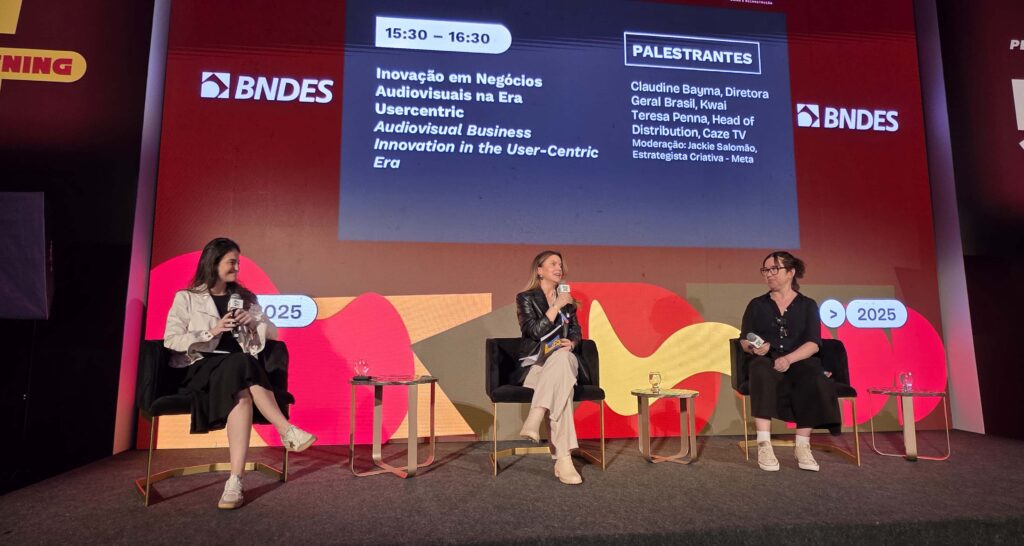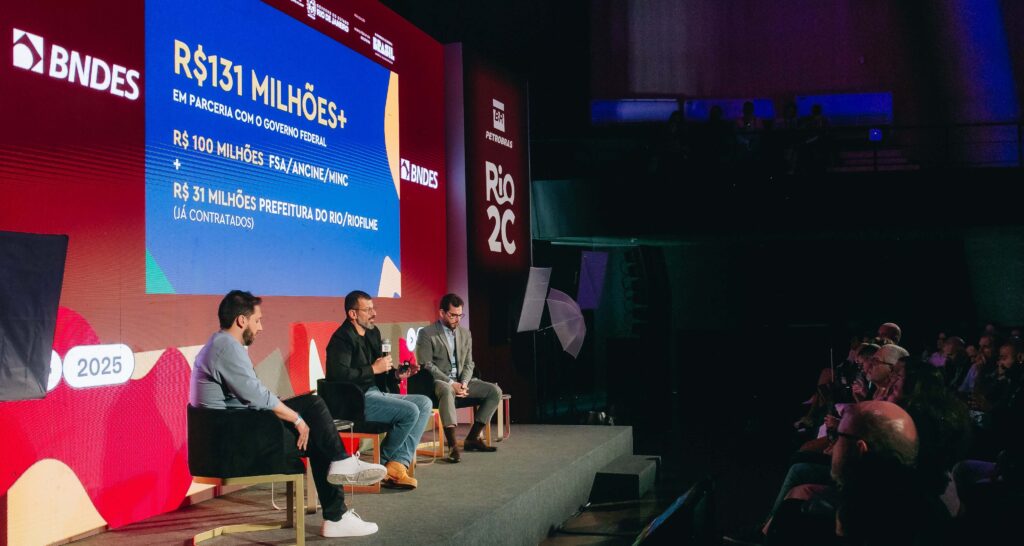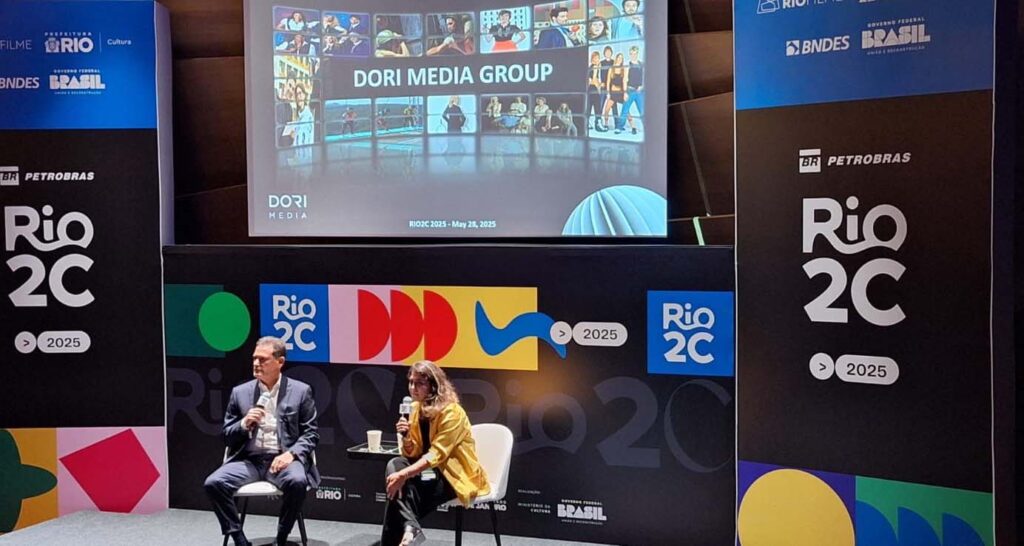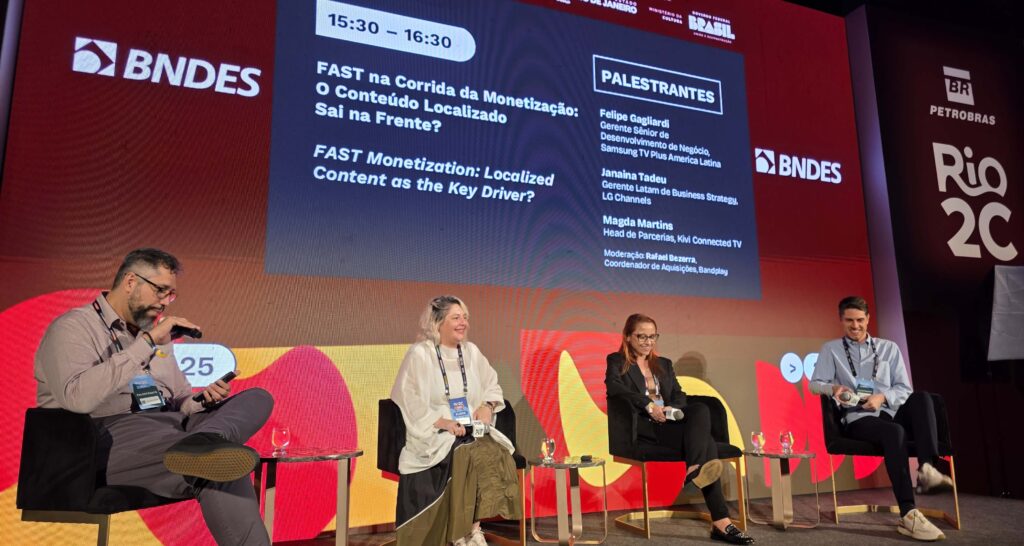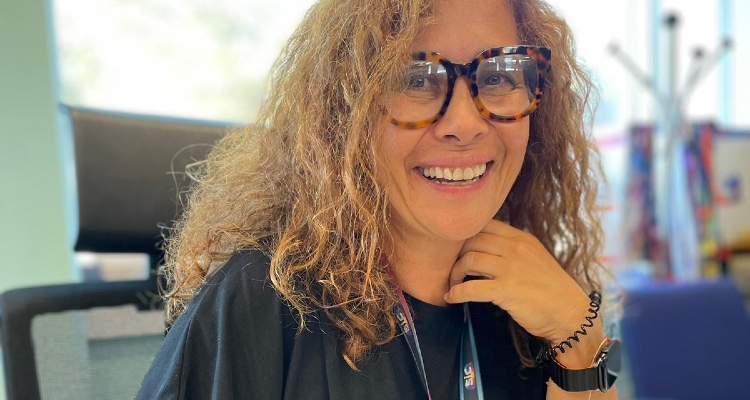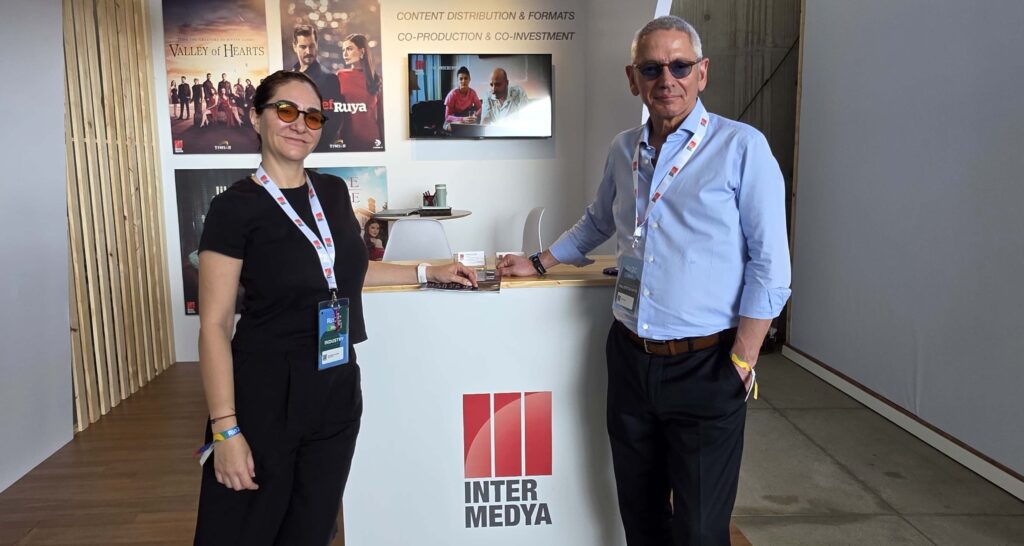AI is making waves among big digital players. Faz Aftab, Director, International M&E Partnerships at Google TV, shared her vision of the impact on this technology applied to the media and entertainment industry.
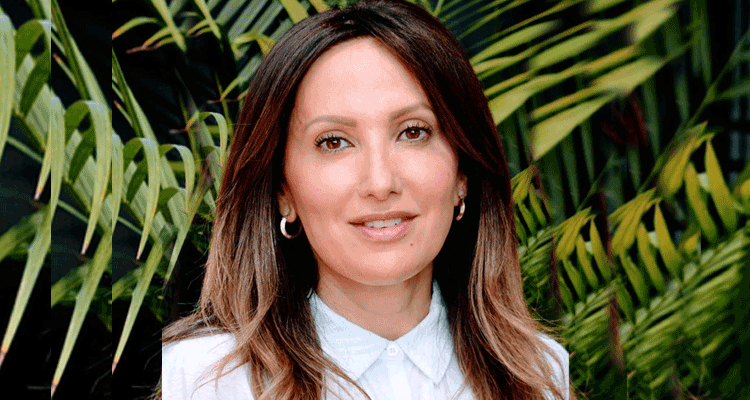
In the 2024 edition of VOD Professional, Aftab explained how Google is using AI to improve productivity, personalization, and diversification of content across various platforms.
Aftab described her team’s role at Google, which focuses on ensuring there is ‘an appropriate mix of local and global content across Google platforms, including TV, mobile and cars’. ‘The importance of generative AI and its ability to support daily operations, such as optimizing synopsis and presenting images that best suit different consumers, are some of the solutions that this technology provides us. “AI improves the user experience by delivering content more efficiently and accurately, reducing operational burden’, she said.
One of the key points that she mentioned was how AI can fundamentally transform content creation, which is why she referenced the situation in Hollywood as an example of ‘significant’ change. ‘In terms of productivity, the ability of AI to digitize files and improve the management of stored content, allowing video files to be more accessible and useful is impressive’.
Another topic that has taken on great relevance in the AVOD and FAST segment is personalization in streaming services. ‘With our Android TV operating system, we have evolved to offer a more advanced content experience. Personalization is achieved by analyzing users’ implicit and explicit signals, preventing them from being limited to a single type of content. This strategy has led us to be one of the most efficient platforms, allowing users to spend less time searching for content and more time enjoying it’, explained.
A fundamental aspect is the diversification of content and the ability of Google TV to handle different business models. According to the executive, media companies can no longer depend on a single type of business but must diversify to better capitalize on their audience. ‘AI plays a crucial role in identifying and optimizing these models in real-time’, she added.
Among tangible examples of how other companies are using AI effectively, Aftab mentioned a project with the Geena Davis Institute, where 400 hours of content were analyzed to study gender representation in films, revealing that men were seen and heard twice as many times as women. ‘Another example was Fox Sports, which uses AI tools to create sports highlights from millions of hours of video, significantly improving efficiency and accuracy in content creation’.
Finally, the executive referred to several trends that are shaping Google TV, such as the evolution of live television and the growing amount of content available. ‘The Google TV user interface is designed to facilitate access to content and recommend relevant options for all members of the family, eliminating friction and improving the user experience, but also showing you new content all the time, without it being fatigued easily’, she concluded.

